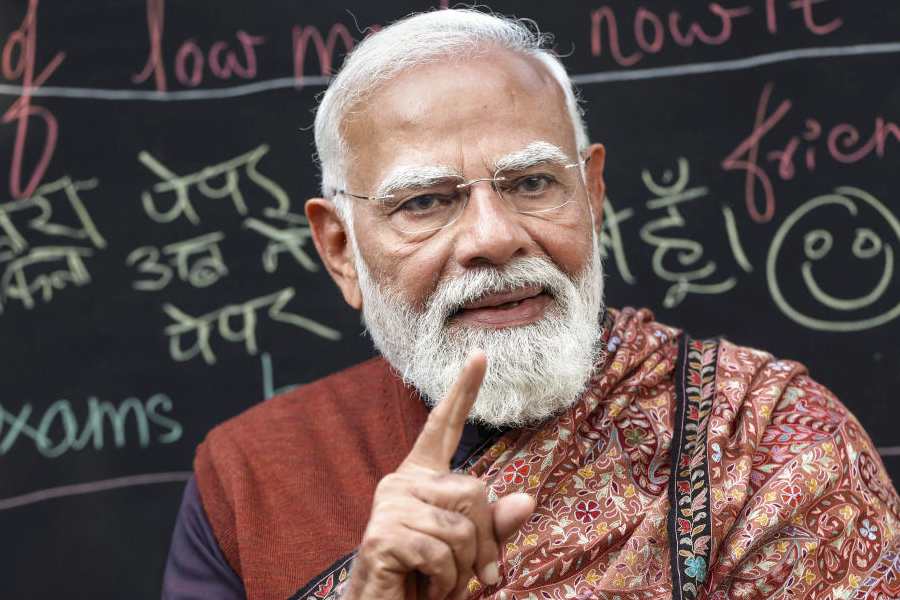On January 21, I was travelling from Delaware to Annapolis. I started out rather early, as I was told that there would be heavy traffic on account of the women's march against Donald Trump's presidency. However, I did not realize the magnitude of the demonstration till it was covered in the media. Tens of thousands of women marched in protest against the newly elected president of the United States of America, who is known for his comments against women. While travelling along the US's east coast, I sensed the disbelief, disappointment and anger surrounding the results of the election. Many Americans agree that this was one of the most interesting, closely contested and controversial presidential elections in US history. Media reports after Trump was elected had focused on the confusion in the run-up to the swearing-in ceremony; his choice of cabinet members, too, is drawing a lot of attention.
Trump's cabinet includes rich businessmen, powerful military generals and influential Republican representatives. The scepticism of the team was evident in the media. The secretary of state, Rex Tillerson, had a hard time getting approval at the Senate committee hearing because of his close association with Russia. Trump's pick for the treasury department, Steven Mnuchin, is associated with the debate on Goldman Sachs and foreclosures, not to mention his failure to disclose real estate asset worth $100 million. There are also issues with his pick for the department of health, Tom Price, who is pushing to replace Obamacare with more market-oriented health insurance, and his choice for the department of education, Betsy DeVos. Trump has chosen his team from among his business fraternity, his acquaintances or people believing in his political vision. It is normal for the head of State to form his own team, but Trump was a real estate tycoon, has done reality television and responds impulsively to any criticism on Twitter. Is there fear of a leadership cult?
I was also keen to understand the support for Trump by taking a look at the inauguration gathering but that had its own complications. Debates erupted over the aerial picture of the National Mall during Trump's inauguration, which was juxtaposed with the photo taken of the gathering at the inauguration of the former president, Barack Obama. There was a noticeable difference between the two gatherings. Sharp reactions from the White House could do little to hide the embarrassment as thousands of women were seen protesting at the same place.
People were making jokes about Trump's inaugural address, but those who were joking were actually concerned about his highly charged "America First" sentiment. Trump advocated protectionism and put multilateral engagements in trade on the back burner. Discussions about "America First" indicated the onset of an American age of isolation, yet Trump wants to eradicate terrorism and strengthen the alliances needed to achieve that. His message was steeped in nationalistic rhetoric. It seemed like he was still campaigning; the president's speech was missing.
Less than a month has passed, and Trump has already signed executive orders for withdrawing from the Trans-Pacific Partnership, reconstructing the controversial Dakota pipelines, repealing Obamacare, and vetting immigrants aggressively. What is truly creating ripples is the drive against illegal immigration and the building of the symbolic wall along the US-Mexico border. People are opposing the construction of the wall, yet I saw support for it in places close to the border, like Texas. Cities like Los Angeles and New York have pro-immigration policies; they might be penalized for sheltering 'illegal migrants' by the cutting of several kinds of federal funds. One can predict a lot of turmoil within American politics and society. Will this lead to isolation in international politics? Maybe not, but there will be a change in the way the US engages with the world.










